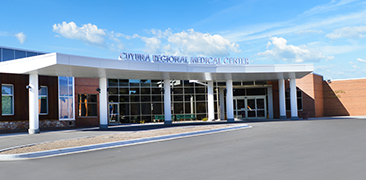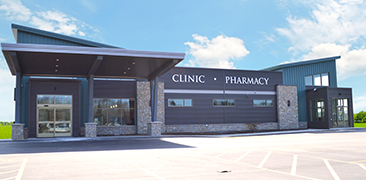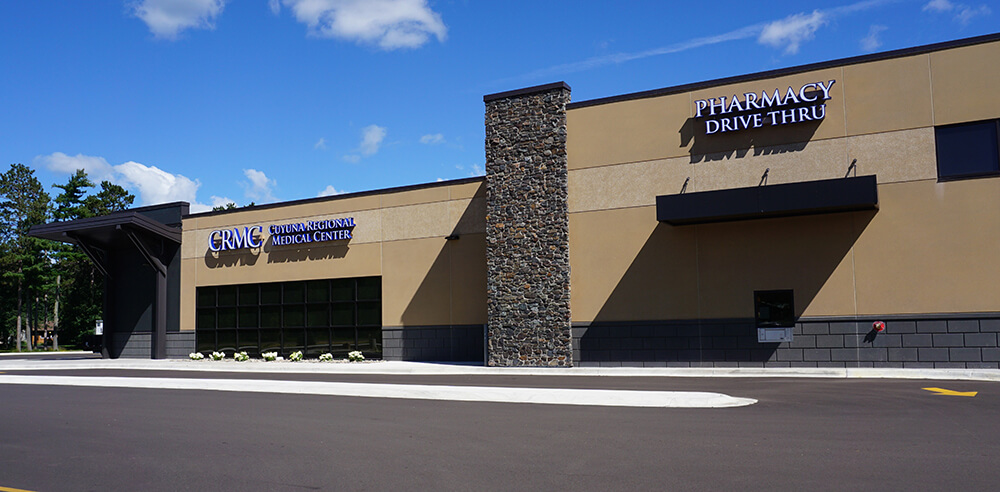Planning for pregnancy can help you make choices that will benefit both you and your baby. The first eight weeks of pregnancy are key as most of the baby’s major organs and body systems have begun to form. Your health and nutrition can affect your baby’s growth and development during the early weeks.
Preconception Checkup
If you are planning to become pregnant it is a good idea to have a preconception checkup. The goal of this visit is to talk with your health care provider and identify things that could affect your pregnancy. By identifying these factors, you can take steps that can increase your chances of having a healthy pregnancy and baby.
Healthy Lifestyle
Diet: A healthy diet is always important in your life, but is vital during pregnancy. Your body needs a regular supply of nutrients to grow, replace worn-out tissue and provide energy. To be sure your diet gives you enough nutrients, you need to know which ones are in the foods you eat. For each meal one half of your plate should be fruits and vegetables. The other half should be whole grains and protein foods. Protein foods include meat, fish, beans, peas, nuts, seeds and eggs. You also should have a small amount of dairy such as milk, cheese or yogurt. Have fewer foods that are high in sugar and fat. For more information on food-planning visit MyPlate at www.choosemyplate.gov.
Weight: If you are planning to have a baby, you should try to reach a healthy weight before you become pregnant. Excess weight during pregnancy is associated with several complications, including:
- High blood pressure
- Preeclampsia
- Preterm birth
- Gestational Diabetes
- Macrosomia – larger than normal for gestational age
- Increased risk of birth injury and cesarean delivery
The best way to lose weight is by making a few lifestyle changes in your diet and being more physically active. Avoid sugary drinks and pay attention to the amount of food you eat, portion control is key. And incorporate 20-30 minutes of exercise into your day. If you are unable to lose weight through diet and exercise, talk with your health care provider.
Being underweight also poses risk during pregnancy. It increases the risk of having a low birth weight baby. It also increases the risk of preterm birth. Like losing weight, gaining weight may be easier with small changes such as adding in high-calorie snacks to your daily meal plan.
Vitamin Supplements: While most of your nutrients should come from the foods you eat, it is a good idea to start taking a prenatal vitamin before pregnancy. These are available without prescription at most local pharmacies and retail stores. One of the most important vitamins needed before and during pregnancy is folic acid. It helps prevent Neural Tube Defects (NTDs) when taken before and during the first three months of pregnancy. It is recommended that all women consume 0.4 milligrams per day.
Iron is also important during pregnancy. It is used to make extra blood needed to supply oxygen to the baby.
Exercise: Good health at any time in your life, involves getting plenty of exercise. It is best to have a plan in place prior to getting pregnant. Good exercises start with those you have probably already done before including: walking, swimming and biking. If you are not use to a lot of exercise, discuss with your health care provider ahead of time and take it slow.
Substance Abuse: Substance abuse by pregnant women is one of the leading causes of problems during pregnancy. Smoking, drinking and drug use can have harmful effects on a baby’s health. The time when the fetus is most vulnerable to the harmful effects of substances is during the first trimester. Stopping this behavior before pregnancy may reduce or eliminate the risks of some birth defects that occur in pregnancy. Do not be ashamed or afraid to ask for help.
Environment: Some substances found in the home or work place may make it harder to conceive or could harm the fetus. Think about the chemicals used in your home or work place you may have exposure too.
You may not think of your home environment as harmful, but if you are dealing with domestic violence it can be harmful to both you and your children. It is important to get help if you are in this situation. Your health care provider can help you find resources in our area to help.
Special Concerns
Some health concerns may require special attention during pregnancy to help prevent problems or make them less severe.
Medical Conditions: Discuss with your health care provider any diseases that you have had in the past or have now. Some conditions such as: diabetes, high blood pressure, depression and seizure disorders can cause problems during pregnancy and may increase the risk of problems for the baby. Having one of these conditions does not mean you cannot have a healthy pregnancy or baby. Your health care provider will discuss with you any changes you need to make to bring the condition under control.
Medications, Herbal Remedies and Supplements: It is important to tell your health care provider any medications, including vitamin supplements and over-the-counter medications you are taking. Some can be harmful to a developing baby and should not be taken while pregnant. Do not stop taking prescription medication, until you have talked with your health care provider.
Infections: Infections can cause harm to both the mother and fetus. Some can even cause birth defects or illness in the fetus. Sexually transmitted diseases (STDs) may affect your ability to become pregnant and can be harmful to your baby. If you think you or your partner have an STD, get tested and treated right away. Infection with human immunodeficiency virus (HIV) can cause harm to the mother and baby. Early treatment may help prevent the infection from being passed from the fetus.
Past Pregnancies: Your health care provider will ask questions about any past pregnancies. Some problems may increase the risk of having them again in a later pregnancy. However, just because you had a problem in the past does not mean it will happen again.
Family Health History: A family medical history helps identify whether you are at risk of having a child with an inherited medical condition. Your health care provider will review both families’ health history to see if family members have any conditions that may cause complications. A genetic counselor may also be involved, this individual is a specially trained health care professional who can help couples understand their chances of having a baby with inherited disorders.
Immunizations
Vaccinations can prevent some infections. Before planning to become pregnant it is important to have all the recommended adult vaccines for your age. Live vaccines should be given a month or more prior to conceiving.
These vaccines should be given one month prior to conceiving:
- Live attenuated influenza vaccine (nasal spray)
- Measles-mumps-rubella vaccine
- Varicella vaccine
These vaccines are safe during pregnancy:
- Hepatitis A vaccine
- Hepatitis B vaccine
- Influenza vaccine
- Meningococcal vaccine
- Pneumococcal vaccine
- Tetanus-diphtheria booster
Finally. . .
Making healthy choices before you become pregnant is an important step to a healthy and happy pregnancy.











